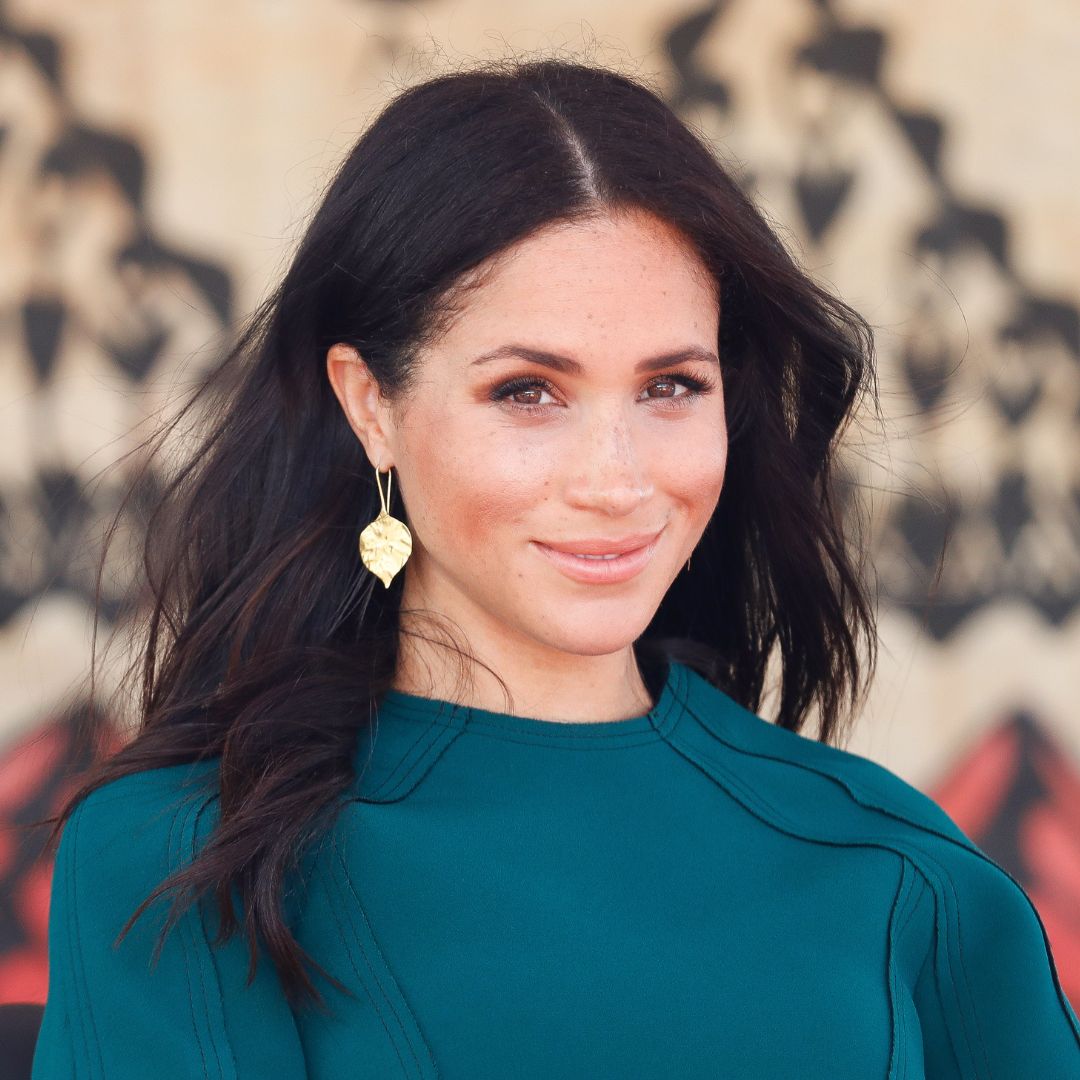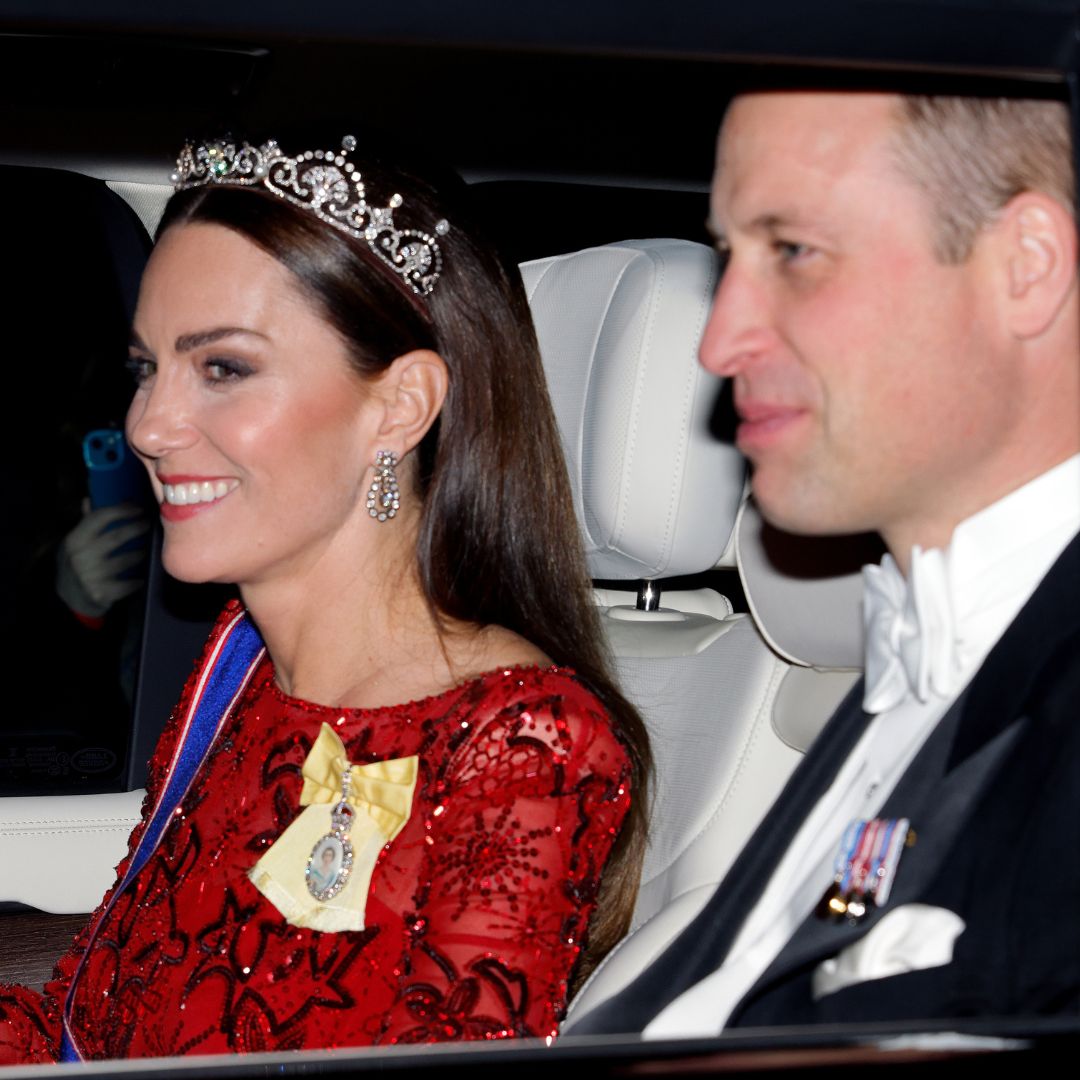Equal Pay Day 2019: Yes, you’re now effectively working for free until Christmas
Fancy being paid a lower salary than a man doing exactly the same job as you? Chances are, you are. Marisa Bate investigates what action you can take…
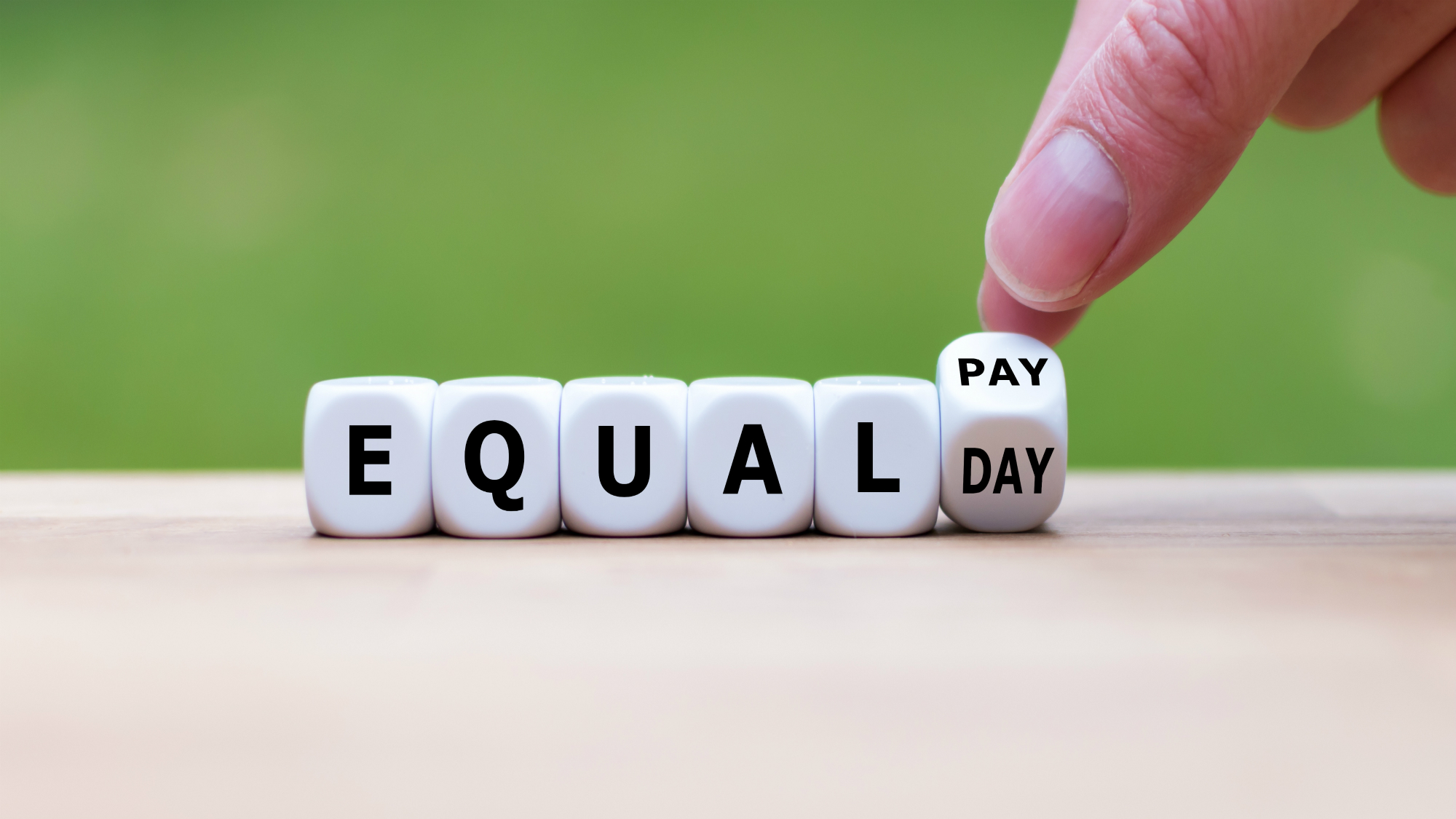
Fancy being paid a lower salary than a man doing exactly the same job as you? Chances are, you are. Marisa Bate investigates what action you can take…
It’s that time of year again! Down tools and march out of the office in the soul-crushing knowledge that today is the day in which the average man has earned the amount the average women will over the course of the *entire* year. From now until Christmas, you are essentially working for free. Here we are in 2019; robots are tweeting, cars are driving themselves yet women are still paid less than men for the very same work.
The issue of unequal pay has been in the headlines a lot lately. High profile journalists such as Carrie Gracie and more recently Samira Ahmed have claimed they have being paid unfairly by the BBC based on their gender, and 12 more BBC employees look set to take the corporation to tribunal. Ahmed launched a landmark case this month, demanding £500,000 in backpay, because for the equivalent show, Jeremy Vine was being paid £3,000 per episode, and she was receiving £440. At this point, the BBC have not conceded this is a case of gender discrimination.
In recent years, as the BBC has been forced to publish their list of stars’ salaries, it has become startling clear the way that organisations - even those which are publicly funded and meant to be run transparently - value womens’ work in comparison with men. This is is even starker for women of colour, and if you weren’t privately educated.
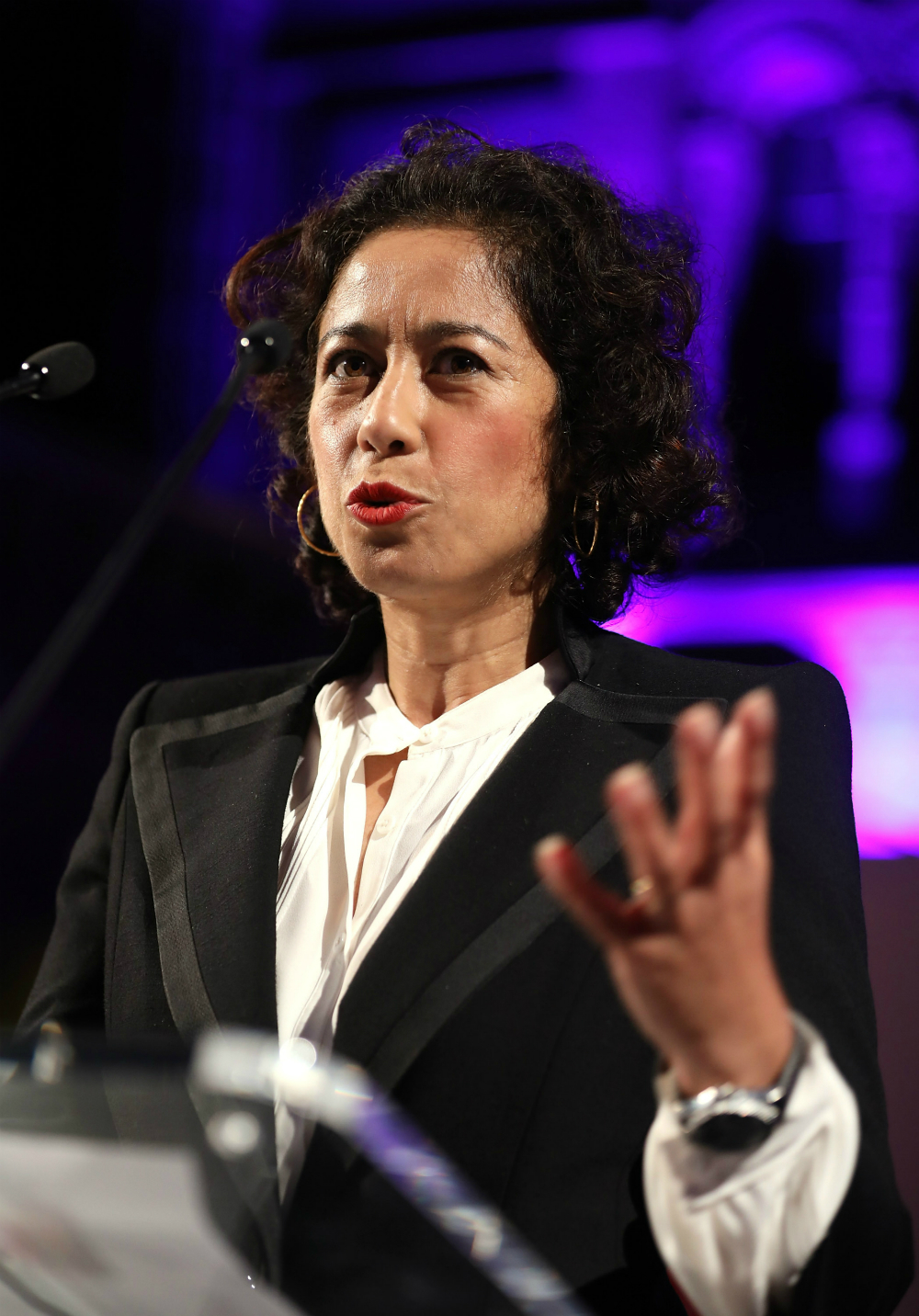
For Sam Smethers, CEO of Fawcett, it comes down to “the lack of value we place on women,” she says. ‘It goes back generations, centuries old. If women do the work, then it is valued less. Research evidence shows that when women move into male dominated sectors, the pay in those sectors falls. It’s a really deep attitudinal problem that we have about women and their work’.
Today [14 Nov] Fawcett are publishing research which shows that 60% of women in workplaces across the UK either don’t know what their male colleagues earn, or believe they are earning less than men who are doing the same job. Based on these stats, they are launching their #RightToKnow campaign in which they are calling for a legal right to find out the salaries of the colleague or colleagues you suspect are being paid more than you for the same work. In doing so, they asking people to sign and share a petition started by chef Kay Collins, a victim of pay discrimination herself.
Smethers says: ‘In order to pursue equal pay, you need to know what your male comparator colleague is earning. If you don’t have the information, you can’t get to first base. It really is the fundamental building block to achieve equal pay. And we know a lot of employers don’t cooperate with women raising these complaints. They’ll either stonewall them and not give them any information, or they’ll say, ‘Oh, well, he deserves more than you’, and justify it on those terms. It’s not possible for women to realise thier right to equal pay if they can’t get that information.’
Marie Claire Newsletter
Celebrity news, beauty, fashion advice, and fascinating features, delivered straight to your inbox!
Research published recently confirms the different way we perceive men and women in the workplace. The Global Institute for Women's Leadership, Ipsos Mori and the Policy Institute asked 20,000 people for 28 countries in an effort to understand what helps or hinders women’s equality. The research found that women are expected to be “more intelligent” and “work harder” than men to get ahead.
So, in short, we value women less but expect them to deliver more - and pay them less for it. Meanwhile, another new report has said that one in every two FTSE 100 executive appointments over the next year will have to go to women if the UK is to meet its gender targets. Seemingly, therefore, the targets are getting tougher because the ingrained cultural attitude doesn't seem to be shifting.
Rebecca Burke, who led TalkTalk’s cybersecurity program, spent her family savings on taking the company to court after she was made redundant and found that her four male colleagues in the same role were paid up to 40% more in salary and 50% more in bonuses. Her first trial, scheduled for December, fell apart for legal reasons but she is now crowdfunding to raise the necessary £40,000 to continue proceedings. Speaking in the Telegraph she said ‘It’s a lonely existence as an individual fighting an entire organisation – and the systemic problems in society,’she says. ‘But as soon as I went public, a wave of women reached out to say the exact same thing had happened to them. I misinterpreted it – this isn’t a personal struggle, but a collective one.’
The move to tackle the gender pay gap feels that it is gaining a more collective momentum in a #MeToo age. Michelle Williams gave a moving speech at this year’s Emmys, thanking her ‘bosses’. She said, ‘They understood that when you put value into a person, it empowers that person to get in touch with their own inherent value. So the next time a woman, especially a woman of colour – because she stands to make 52 cents on the dollar compared to her white, male counterpart – tells you what she needs in order to do her job, believe her’. Other campaigning groups are forming, like the MeTooPay campaign, started by Dame Moya Greene, former CEO of Royal Mail, and over 100 of the UK’s leading women in October 2019. Greene was prompted to launch the initiative after reading of a sex discrimination and unequal pay case involving Stacey Macken, who worked at BNP Paribas. The campaign intends to use its high-profile signatories to raise awareness and offer support.

Next year will see the 50th anniversary of the Equal Pay Act in the UK, but as Smethers says, currently ‘it is a right in name only’. Does she get tired of still fighting for what seems so basic and fundamental? She lets out a laugh. ‘It is frustrating. It feels like groundhog day. I just want to go aggghhhhh!!! What do I have to say and do to shift this bloody problem?!’
So what can you do about it? If you suspect you are not being paid equally, Sam Smethers offers her first-step advice
1. Contact Fawcett’s Equal Pay advice service
If you are earning £30,000 or less. There is a free source of legal advice available. It also gives pointers on how to have that difficult first conversation with an employer.
2. Check with your colleagues
Share information amongst yourselves, because talking amongst pay is the first step to getting equal. If you don’t have that that pay information, you can’t take it further anyway. Find out if your male colleagues will help you: will they tell you what they are earning?
3. Pursue it with your line manager or someone in the organisation
Sometimes it hasn’t been delibate. It’s accidentally crept in over time and someone will then remedy it, some will settle it with the employee, and she’ll get a pay rise and some backdated pay that she is owed.
The leading destination for fashion, beauty, shopping and finger-on-the-pulse views on the latest issues. Marie Claire's travel content helps you delight in discovering new destinations around the globe, offering a unique – and sometimes unchartered – travel experience. From new hotel openings to the destinations tipped to take over our travel calendars, this iconic name has it covered.
-
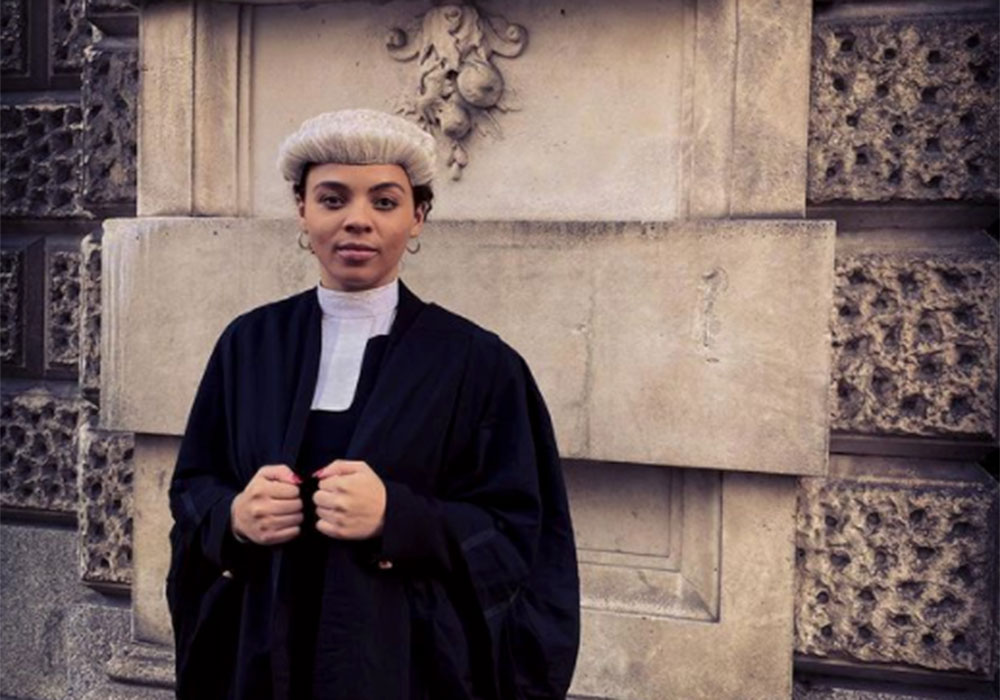 "I'm a Black barrister working in a broken justice system"
"I'm a Black barrister working in a broken justice system"Alexandra Wilson is a 26-year-old barrister speaking out about sexism, racism and class inequality at the very heart of the legal system. She shares her disturbing experiences, and why activism will make a difference.
By Alexandra Wilson
-
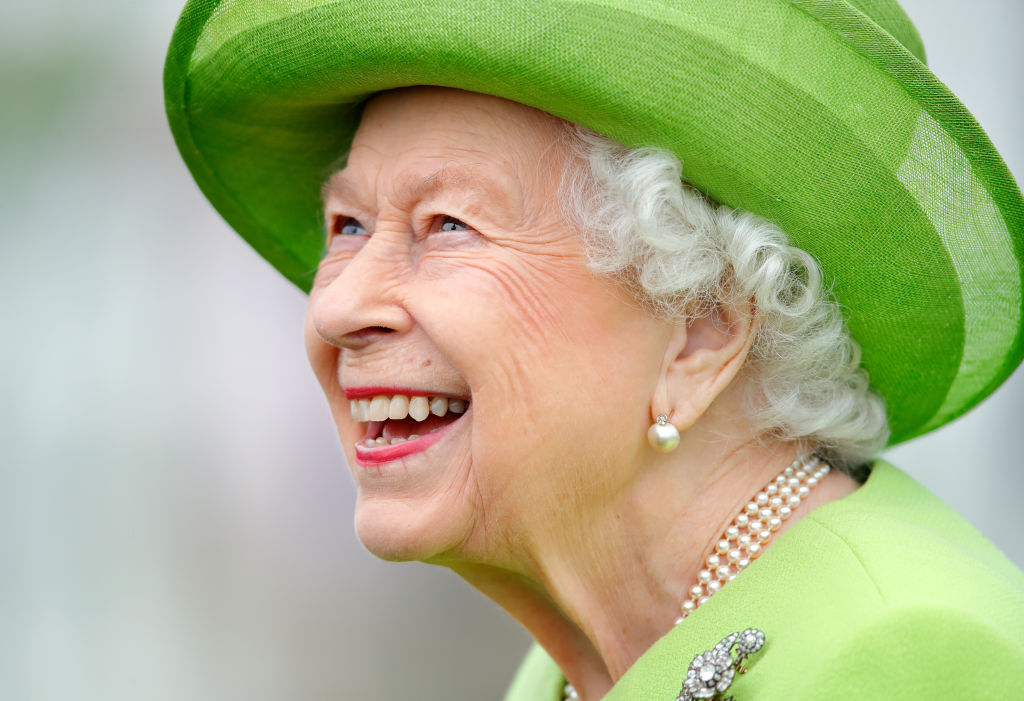 Feeling sad this week? Learn about the 5 steps of grief, plus how to avoid it consuming you
Feeling sad this week? Learn about the 5 steps of grief, plus how to avoid it consuming youAs the nation mourns Her Majesty The Queen.
By Ally Head
-
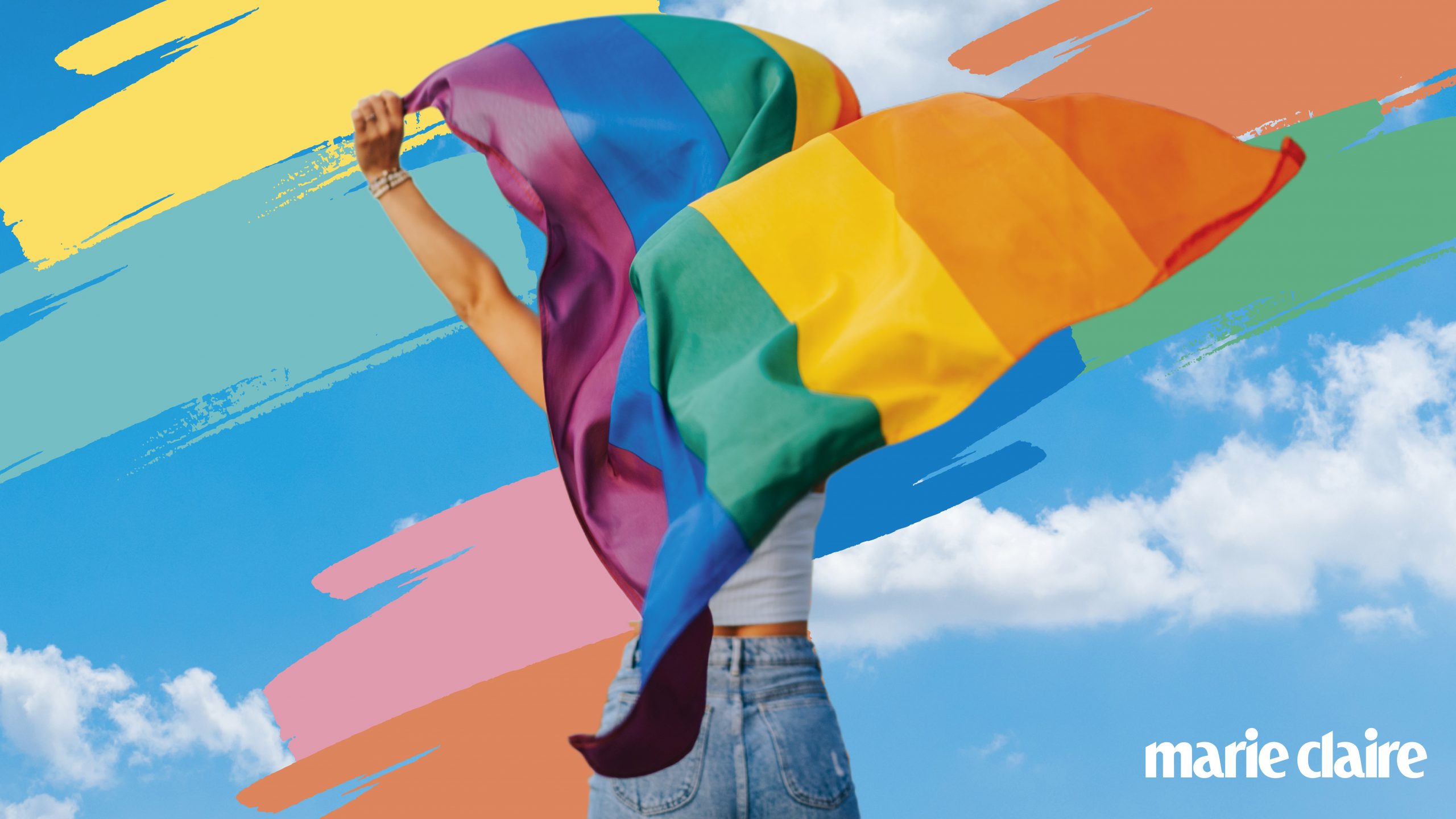 Pride events: 7 IRL and virtual celebrations to add to your calendar for 2021
Pride events: 7 IRL and virtual celebrations to add to your calendar for 2021Ready to celebrate?
By Rosie Grant
-
 Coronavirus versus cold symptoms: How to know whether you've got COVID 19 or a common cold
Coronavirus versus cold symptoms: How to know whether you've got COVID 19 or a common coldThis is important. Read guidance from the experts now.
By Ally Head
-
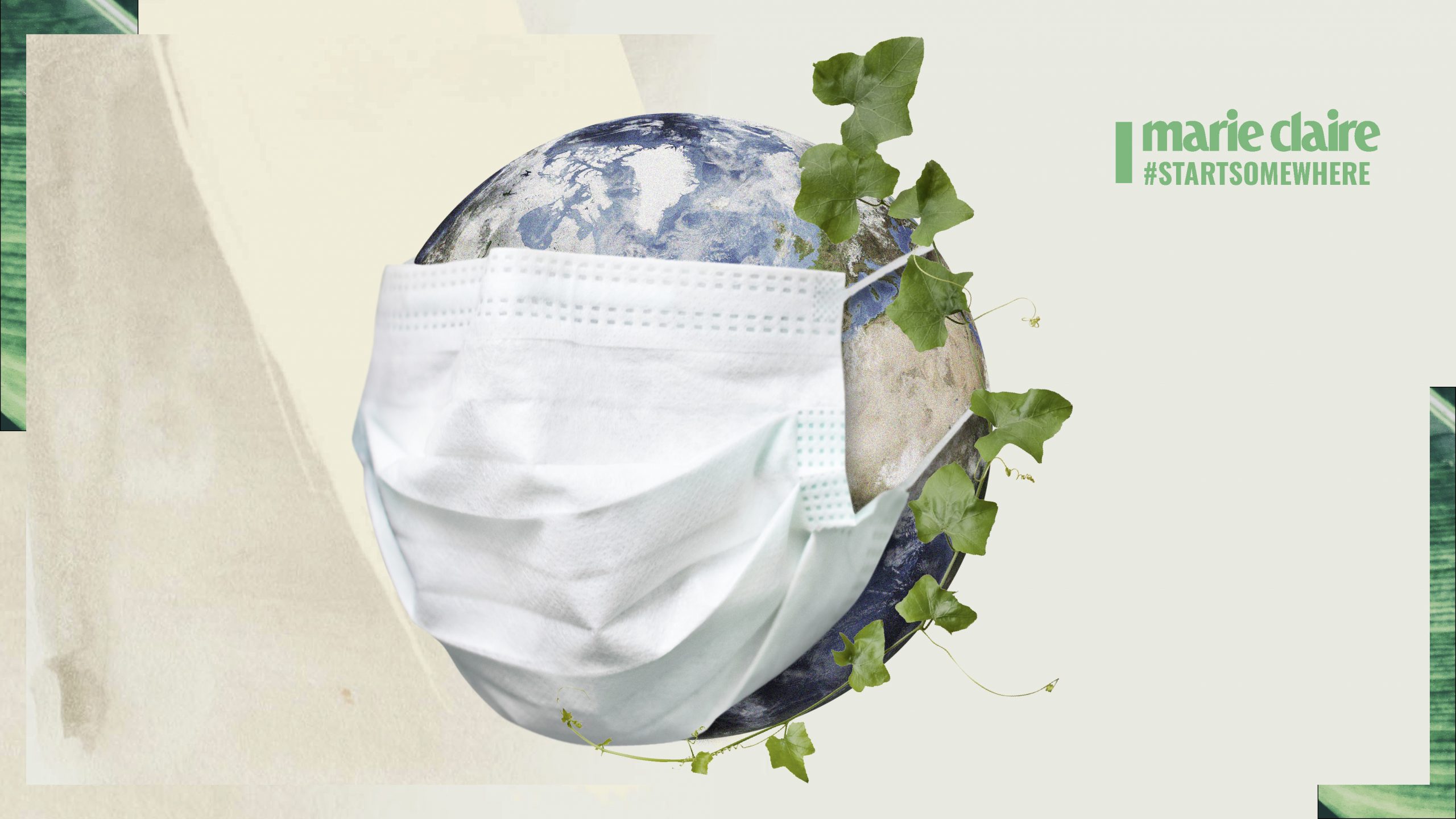 How COVID-19 made us forget our morals on plastic
How COVID-19 made us forget our morals on plasticPre-pandemic, we cared about our habits of plastic use. Lockdown changed all that - but it's not too late to continue the fight
By Olivia Adams
-
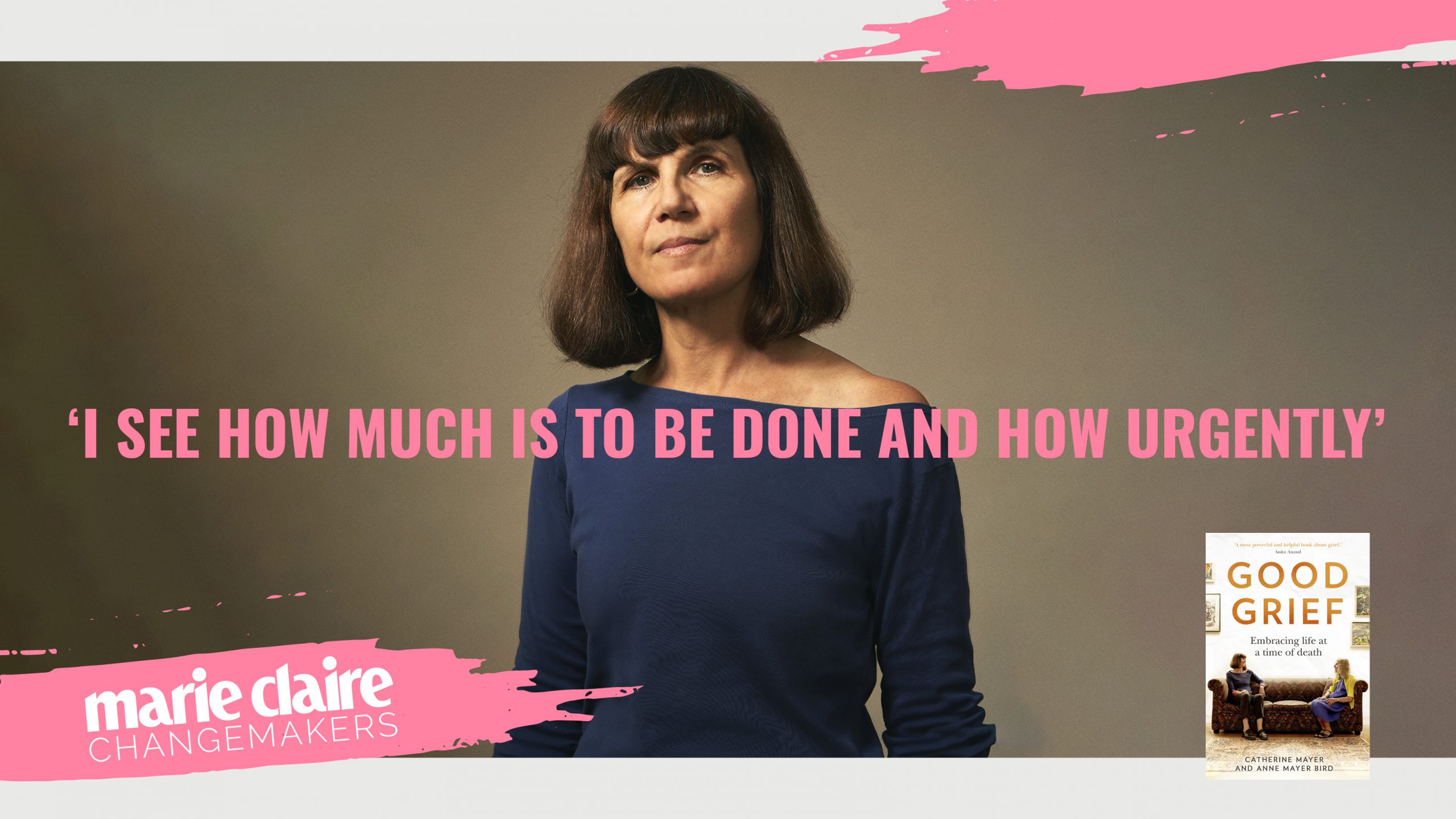 Catherine Mayer on women's rights: 'I see how much is to be done and how urgently'
Catherine Mayer on women's rights: 'I see how much is to be done and how urgently'Co-founder of the Women's Equality Party, Catherine Mayer, was married to influential musician Andy Gill until his death in Feb 2020. This International Women's Day, Mayer shares with affecting honesty how grief adds clarity to her life-affirming activism
By Maria Coole
-
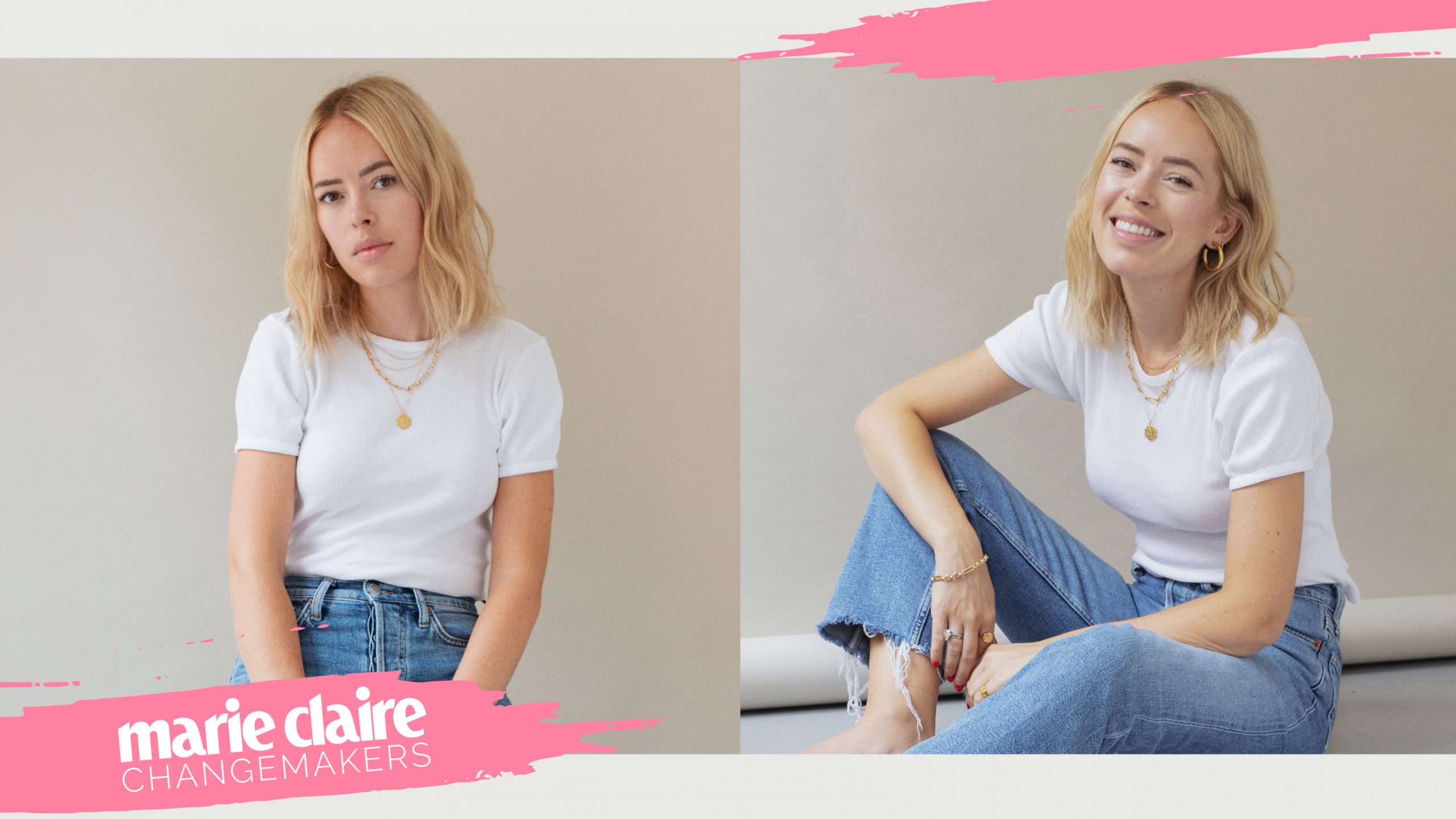 Tanya Burr shares her top 6 resources for educating yourself - and growing - this IWD
Tanya Burr shares her top 6 resources for educating yourself - and growing - this IWDThe theme of this International Women's Day is Choose to Change - let Tanya help you become a change-maker with her top resources.
By Ally Head
-
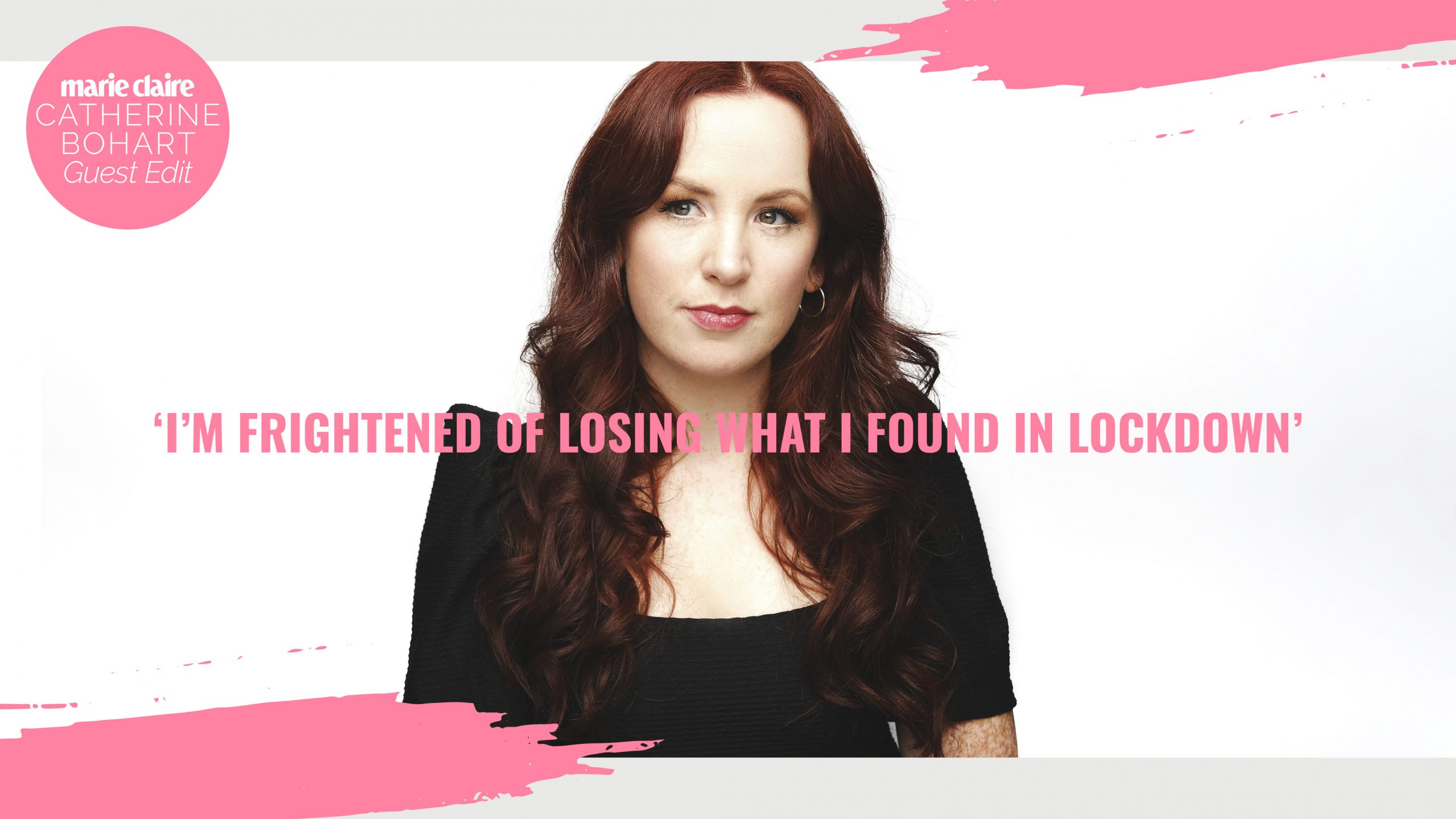 Catherine Bohart: 'I’m frightened of losing what I found in lockdown'
Catherine Bohart: 'I’m frightened of losing what I found in lockdown'Award-winning writer and comedian Catherine Bohart shares what her own lockdown mental health journey helped her discover
By Sophie Goddard

